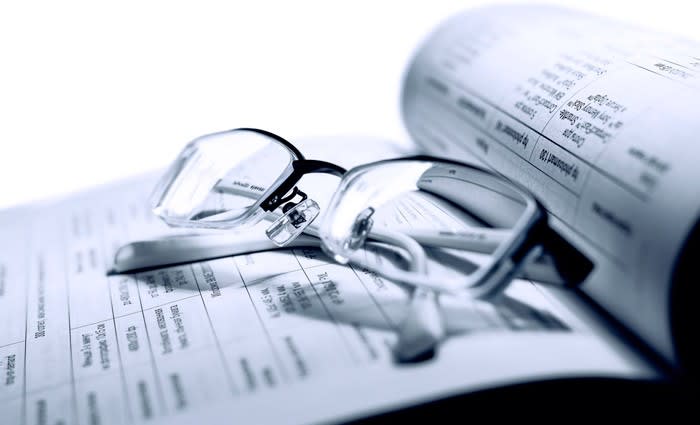What's my capital gains tax on an investment property? Ask Margaret
Dear Margaret,
I bought an investment property in 2010 and was rented for 3 years before my family moved in. We are still residing at the said property.
My question is: If I sell the property, will I pay capital gains tax? I have read that if you bought an investment property but lived in it within the first six years, you are exempted.
Can you please explain this further?
Thanks a lot.
Maria
Hi Maria,
Capital Gains tax is very misunderstood, and the 6- year exemption even more so. Many think, as do you, that you can live in a property sometime in that first 6 years to stop capital gains tax from accruing. Others believe that you only have to move into an investment property for a while before you sell it in order to render it free from capital gains tax.
The tax office is not about to let you off that easily! Here are some important basics to know about Capital Gains tax:
1. Your own home is capital gains tax free as long as you are living in it.
2. If you move out of your family home and rent it out, you can have a capital gains tax exemption for up to 6 years from the day you move out. The conditions for this are that you don’t have another property which becomes your principal place of residence (as you can only have one exemption at a time) and you either move back into it, or sell it within that six years. This might apply if you moved elsewhere and rented with the intention of moving back some day.
3. If your absence is longer than the 6 years you will have only a partial exemption for the six years.
4. A property bought for the purposes of earning an income accrues capital gains tax from the moment you buy it.
5. If you move into the property and it becomes your principal place of residence, then you still have a pro-rated capital gains tax liability for the time that it was a rental. The purchase price will be your cost base, and the gain will be established from the sale price, and then pro- rated for days rented/days not rented. There are a range of adjustments which can be made to these figures, but they are many and you should check with your accountant to find out what they are.
Moving into a former investment property cannot wipe your capital gains tax obligations in any circumstance. Equally if you move out of a family home and buy another one to live in, you must decide which property you want your principal place of residence exemption on – the former home or the new home. If it is the former home, the new home you live in will attract CGT. There are additional rules, such as the 6 month overlap rule – but this is where it gets complex and where advice from an accountant is paramount.
Have a property question? Ask Margaret!
